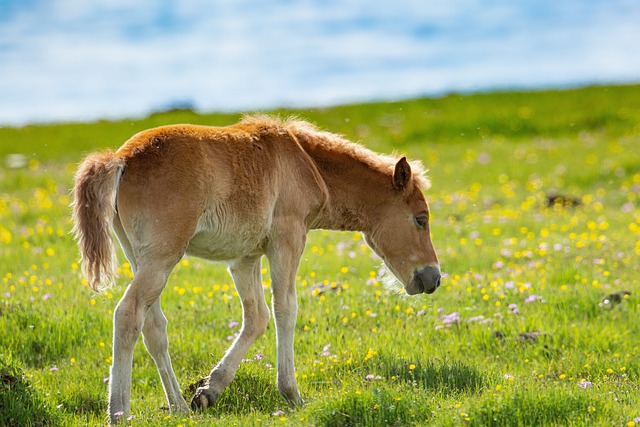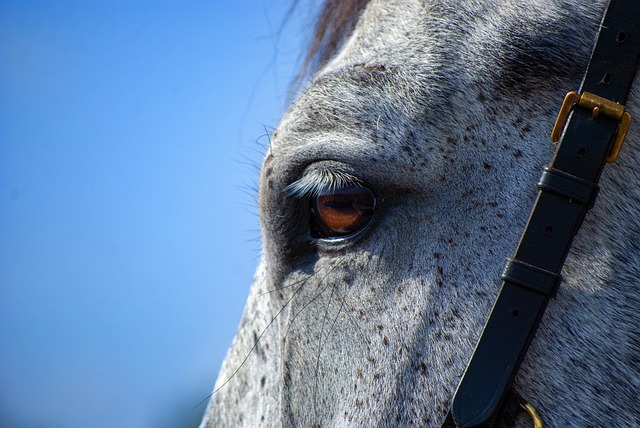Understanding horse behavior highlights the significance of using custom horse ropes with soft textures for building trust during handling and training. This simple yet critical factor improves communication, strengthens the handler-horse bond, reduces strain on the horse's head and neck, and enhances overall performance and well-being for both horse and rider. Choosing high-quality materials and meticulous construction ensures a horse lead rope that provides comfort, control, and safety.
In the realm of equine care and training, understanding horse behavior is key. Research shows that horses inherently prefer a gentle touch and softer materials, especially in their lead ropes. This article delves into the significance of softness in horse lead ropes, exploring how custom horse ropes can enhance training and handling methods. We’ll discuss the benefits of using soft lead ropes and guide you through choosing the right material and construction to ensure optimal comfort for your equine companion.
- Understanding Horse Behavior and Their Preference for Softness
- The Role of Custom Horse Ropes in Training and Handling
- Benefits of Using a Gentle, Soft Lead Rope
- Choosing the Right Material and Construction for Optimal Softness
Understanding Horse Behavior and Their Preference for Softness

Horses are highly sensitive creatures, and understanding their behavior is key to building a strong connection with them. When it comes to handling and training, the simple yet often overlooked aspect of softness in horse lead ropes plays a significant role in how a horse perceives and responds to its handler.
A horse’s preference for soft lead ropes stems from their natural instinct to avoid discomfort and maintain control. Unlike some materials that can be harsh or stiff, custom horse ropes crafted with care offer a gentle touch, ensuring the horse feels secure and at ease during training sessions or when being led around. This sensitivity to texture is just one of many reasons why softness should be a primary consideration when choosing a horse lead rope, fostering a positive partnership between the handler and the horse.
The Role of Custom Horse Ropes in Training and Handling

In the realm of equine training and handling, the humble horse lead rope plays a pivotal role, and its softness is often an overlooked yet crucial aspect. While functionality and durability are essential attributes of any horse rope, the tactile qualities can significantly influence the relationship between handler and horse. Custom horse ropes designed with softness in mind offer distinct advantages during training sessions.
These tailored ropes allow for a more nuanced communication between the rider and their steed. The sensitivity to subtle hand movements enables horses to respond more accurately, fostering a deeper connection. Soft ropes also provide comfort to the horse’s mouth, reducing the risk of irritation or damage, which is particularly important in long-term training and performance scenarios.
Benefits of Using a Gentle, Soft Lead Rope

Using a gentle, soft lead rope offers numerous advantages for both the horse and its rider. Unlike stiffer ropes that can cause discomfort and restrict the horse’s natural movements, a soft lead rope allows for a more fluid and comfortable experience. The horse feels less pressure on their head and neck, promoting relaxation and encouraging them to move with ease. This is especially beneficial during training sessions or when traversing varied terrains, as it enables better communication between rider and horse.
A custom horse rope designed with softness in mind can significantly enhance the overall riding experience. It reduces the risk of strain on the horse’s joints and muscles, leading to improved performance and longevity. For riders, a soft lead rope provides better control and feel, allowing them to guide their horses with precision and sensitivity. This level of interaction fosters trust and strengthens the bond between rider and horse.
Choosing the Right Material and Construction for Optimal Softness

When it comes to crafting the perfect horse lead rope, choosing the right material and construction is key. Opting for a custom horse rope ensures your rope is designed with softness in mind, enhancing both comfort and control during every ride. Natural fibers like cotton or wool are excellent choices as they provide a gentle grip and reduce friction, preventing chafing and irritation—essential factors for the well-being of your horse.
The construction process plays a vital role in achieving optimal softness. Loops and knots should be meticulously crafted to minimize strain points, ensuring the rope remains supple even after extensive use. Additionally, double-braided or twisted construction techniques can significantly enhance flexibility, making it easier to maneuver around your horse’s head and neck without causing discomfort.
In conclusion, understanding horse behavior and prioritizing their natural preferences for softness in lead ropes is a key aspect of effective training and handling. Custom horse ropes, crafted with care from high-quality materials, offer numerous benefits that enhance both the well-being of the horse and the rider’s control. By choosing the right horse lead rope, you’re not just selecting a tool; you’re investing in a more harmonious partnership built on comfort, trust, and performance.
